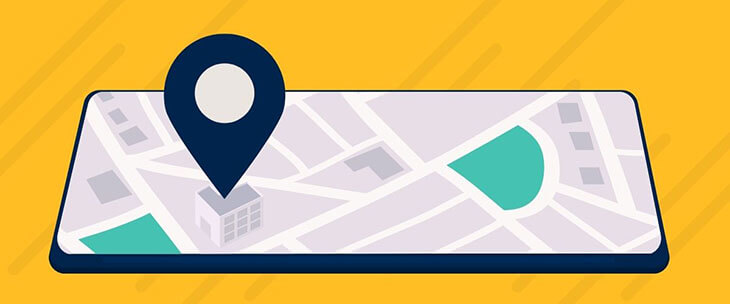When you run a local business, tailoring your website to your local community and service area is beneficial. When people look online for a local business, they often seek contact information and service or product information relevant to their unique locations. This need for local content leads many companies to build out location pages for their websites.
Location pages direct people in your service areas to your site and customize their experiences for their areas. However, some businesses find that their location pages fall flat in Google’s eyes, hurting their overall rankings online. Learn how to optimize your location pages for SEO with these expert tips and tricks of the trade.
Build Out a Page for Each Location
If your business services more than one community, it’s worth building out a page for each area. For example, if a plumber operates out of the Chicagoland area, creating a webpage for the city of Chicago alone won’t be enough to boost local SEO for the suburbs. In this case, the plumber could create a page for the city, one for the western suburbs, another for the northern suburbs, and a page for the southern suburbs. Additionally, each page should have unique content on it. In other words, don’t copy and paste content between pages. This will lead to duplicate content and negatively impact organic rankings.
Creating more than one page provides an opportunity to include keywords of the town names or neighborhoods that are included in the service area. For the example above, the plumber could include Schaumburg, Elgin, Bartlett, and Streamwood on the western suburbs page to alert customers and Google alike that the company services those unique communities.
Use Keywords and Locations on the Pages
On your location landing pages, it’s crucial to use both your primary keyword and your location focus. Here are a few places to include your keywords and locations for better local rankings:
- In the H1 or title of the page
- In the headers on the page, which break up content and grab attention
- In the content
Including both your keyword and your location in each of these locations helps Google identify what the page is about and understand it’s a page dedicated to a location that’s associated with your website and business.
Use a Concise URL Slug
The URL slug was not a massive factor in the past, but today, lengthy or nonsensical URL slugs are harmful to both your SEO and your user experience. Ensure you have a consistent and concise URL slug that accurately represents the page and stays true to your brand.
The URL slug informs Google and users what the page is about, so a long string of random numbers and letters is not enough for high rankings and happy users.
Logical Position is a professional digital marketing agency that offers specialized local search engine optimization packages to boost local businesses. We pride ourselves on our commitment to transparency. Contact us today for more information on what we can do for your business and for a free consultation.




